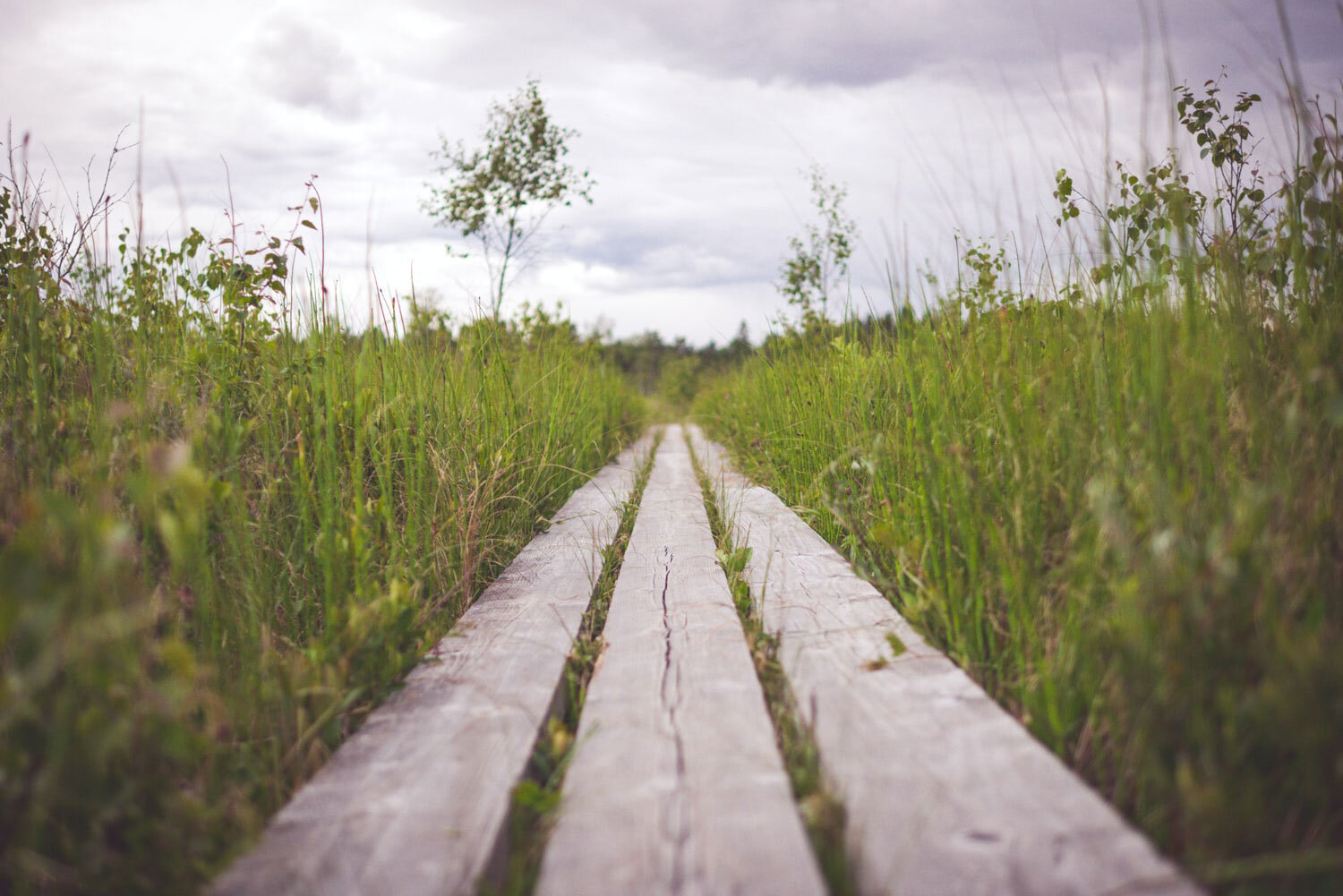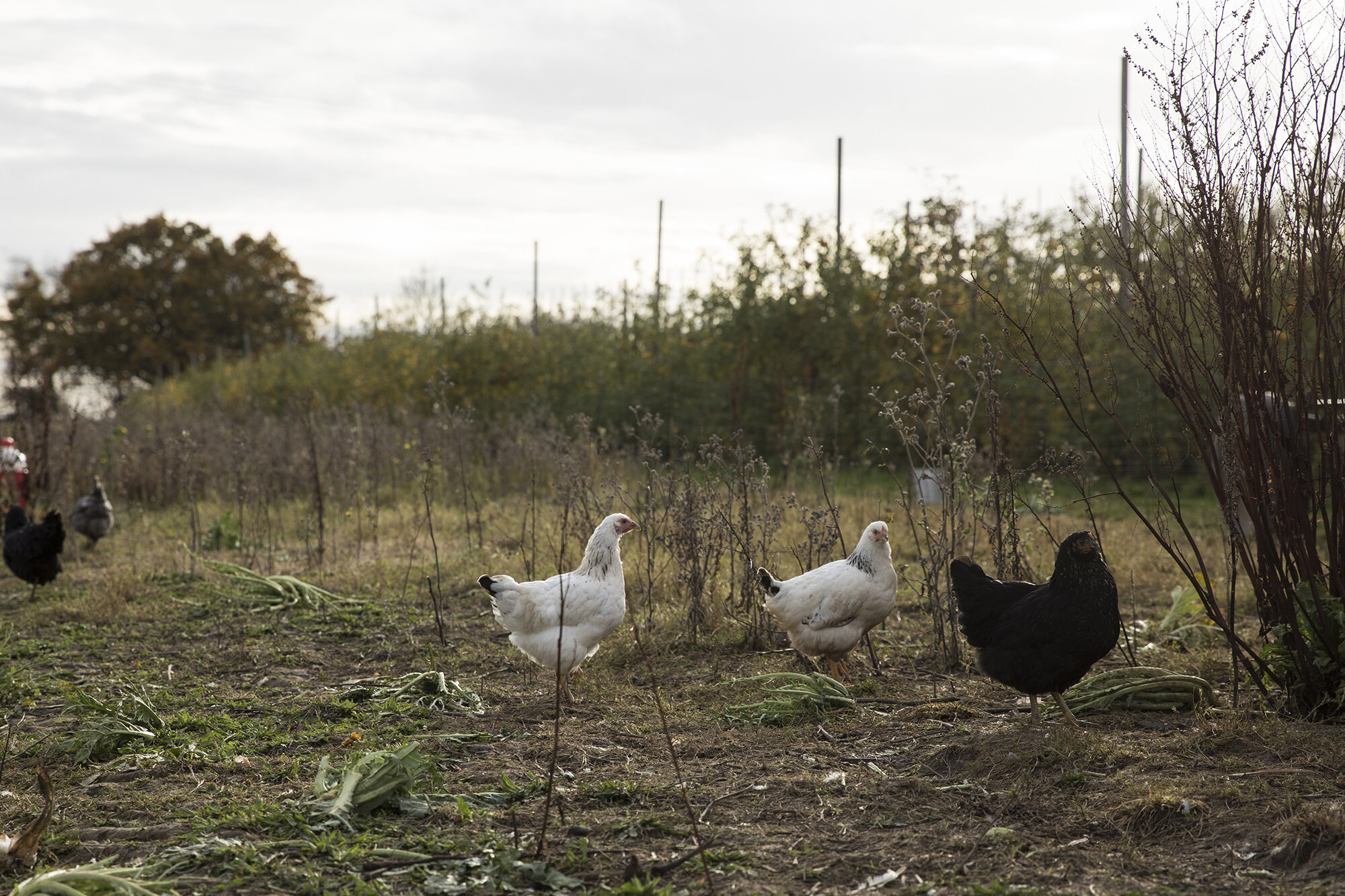
restoring soul and soil
“Look deep into nature and then you will understand everything better.”

Teams gather around change.
Positive change is the fuel that drives all living things. The passion behind the change builds motivation and gives purpose. Find out more about how we’re foraging new paths by harnessing the powers of the modern world and natural human instinct.
A culture of balance…
Growing.
Through everyday farming, our innovative farmers are constantly reviewing their cropping practices, to identify crops better suited to mitigating or preventing the loss of productive soil and farmland. These new crops need to be both productive and fit with a more biodiverse and naturally sustainable way of farming. They also help to enhance biodiversity, fit with water efficient production, are heat resilient as well as needing to meet the expectations and demands of the modern consumer. The UK climate also proves a challenge, requiring the crops to be able to endure heat stress whilst maintaining resilience to damp, cold and low light levels. Finally, they must also be able to be grown with limited crop protection as we move towards more sustainable forms of production, including the eradication of certain pesticides.
In addition to this, our farmers spearhead trials from large companies to assess the viability of certain crops to be grown in the UK with the main aim of reducing the need for imports and therefore our national carbon footprint. Such crops include rhubarb, nuts, globe artichokes and figs.
Technology.
The farmers we work with are pioneering various ways in which the power of technology can be used to help with Regenerative Agricultural practices including:
Solar integrated hydrogen electrolysis - converting solar power to hydrogen via electrolysis to produce a sustainable form of renewable energy which can be stored indefinitely.
Vertical farming - controlled-environment agriculture whereby crops are grown in vertically stacked layers.
Soilless farming techniques - hydroponics, aquaponics, and aeroponics.
Robot & AI mechanisation - deploying field based robots to measure methane and carbon dioxide to calculate living biomass (and carbon) in the soil.
Soil analysis - lab-based tests to DNA map all living organisms past and present in the soil and detailed analysis of all soil trace elements, including all minerals and nutrients at far greater depth than the standard agricultural analysis.
Conversations.
Interaction, conversation and collaboration is a key part to what makes us tick as humans. Over 2020, we really have learnt the importance of connection, physical and emotional. At Leading Wild, we work with people from myriad industries who all have experiential stories to tell that will enable us all to learn, grow and widen our perspectives. From those within the hospitality industry to those foraging a life off the grid, we bring together incredible minds and voices in order to facilitate a greater appreciation for what we can each bring to the table as individuals and as a team.
Collaborative spaces.
Our farmers have been working hard to fit out innovation centres which will host our workshops, away days, thought-lead sessions and cookery demonstrations. The preliminary site above, houses a 32sqm development kitchen and an adjoining 200 sqm event space, has a 150sqm courtyard outside space and adjacent orchards, polytunnels and herb garden..
Biodiversity.
Defined as ‘the variety of life on Earth in all its forms,’ we have been gradually losing species at an alarming rate with a whopping one million species - out of an estimated total of eight million -being threatened with extinction, many within decades. The crux of the matter, and why it is vital that we start to recognise and rectify this situation, is that healthy ecosystems enable us to have clean air, fresh water, good quality soil and crop pollination. With complex, integrated and dynamic connections in play throughout an ecosystem, the consequences of mass extinctions and the disappearance of one species can have a far-reaching impact on the food chain.
With the destruction of habitats and overexploitation of the natural environment being two main causes, it goes without saying that biodiversity and agriculture are intimately linked and with the UK now being a part of the UN pledge for reducing biodiversity loss, now is the time for action.
Through a range of practices, including the use of cover crops, increasing the amount of edge habitat, introducing open water sources and eco-friendly pest management strategies, our farmers practice myriad techniques to ensure that, as custodians of the land, they are playing their part in tackling this problem.
Woodland creation.
The majestic feeling of being within woodland is well-documented to have proven benefits for us, as humans, on the inside as well as the outside. In addition to restoring wildlife and their natural habitats and fighting the climate crisis, the simple act of being amongst trees can reduce stress, increase blood-flow, boost our mood and help us to focus.
With all this in mind, our farmers have converted 16 hectares of agricultural land to woodland and implemented Woodland Carbon Units in order to to offset, compensate for and/or measure current Greenhouse Gas emissions.
So, as well as being good for us mentally and physiologically, woodland promotes various ecosystem services compared to land used for agricultural purposes, including water retention, improving soil fertility, carbon sequestration, soil fertility and protection from erosion.
Our Partners.
Thompson’s is a 3rd generation family farming business, run by the Thompson family at Brook Farm at Great Oakley in North Essex, focussing on niche crop production for the food service sector. Cropping includes approximately 500 acres of field veg and 15 acres of orchards including both apple & pear, apricots & plums. The company has a strong tradition of innovation and early integration of new crops & practices.

“Leading Wild is a timely initiative plugging the increasing gap between food, countryside and nature and our ever more anthropocentric world. While advances in tech and changing working practices deliver undoubted positives, sustainably produced food and the natural world around it can be what allows us to remain connected to nature and our planet. Leading Wild can be the link between those of us lucky enough to have lives and businesses immersed in nature with the wider economy and population, bringing benefits to all of us.”
Peter Thompson, Managing Director, George Thompson’s Ltd






